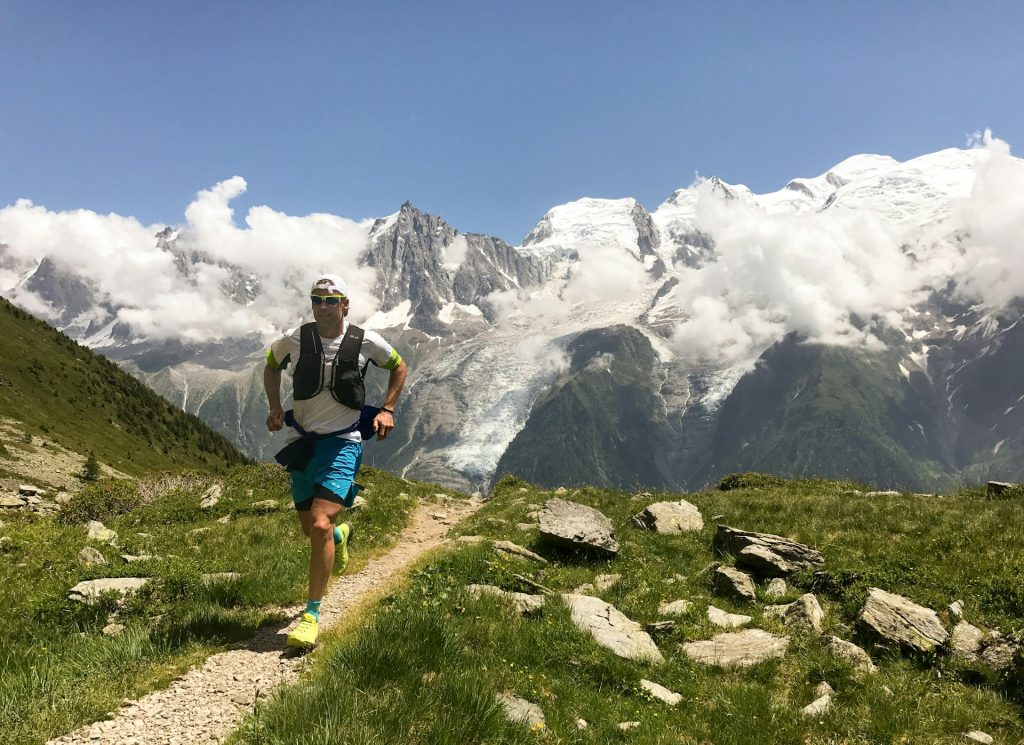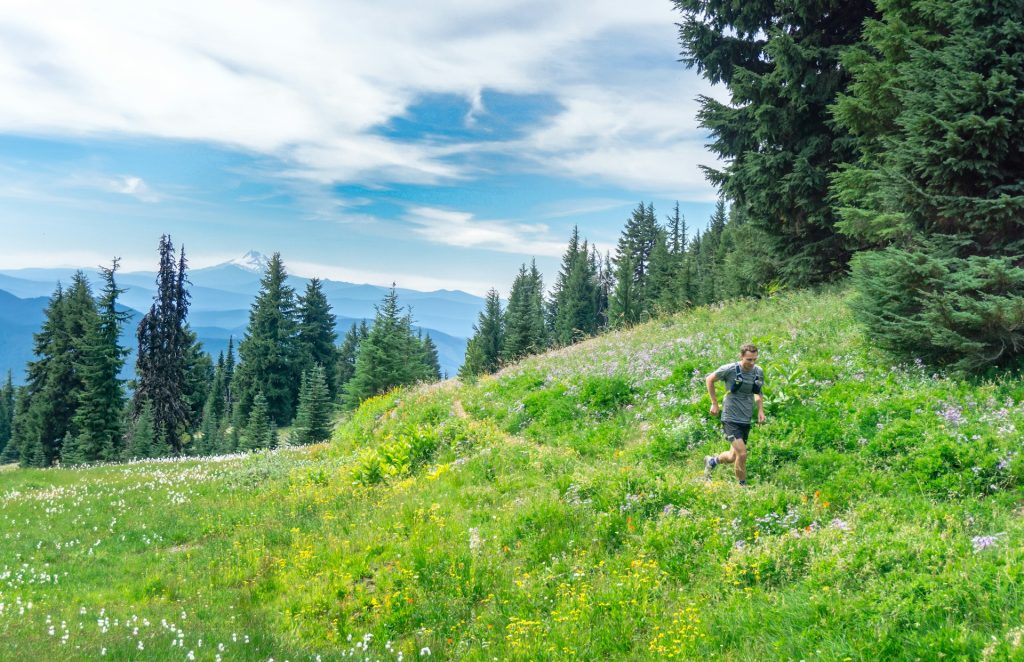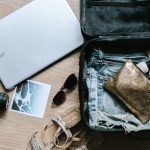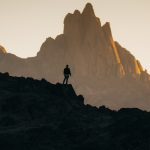Table of Contents
I never expected my backpacking trip through Southeast Asia to revolutionize my finances, but here we are. Sipping coconut water on a Thai beach, I had an epiphany that would change my money mindset forever.
Travel isn’t just about collecting passport stamps; it’s a crash course in financial savvy that pays dividends long after you’ve unpacked your suitcase.
Budgeting on the Go: A Masterclass in Money Management
Stepping off the plane in Bangkok, I felt the weight of my overstuffed backpack and my equally bloated budget expectations. Reality hit fast when I realized my carefully planned finances were already spiraling out of control. That’s when the real learning began.
In the bustling streets of Khao San Road, I discovered the art of haggling. Each negotiation was a mini-lesson in value assessment and self-control. I learned to discern between wants and needs, a skill that would serve me well beyond my travels.
As days turned into weeks, I honed my ability to track expenses with ruthless efficiency. Every baht spent on street food or tuk-tuk rides was meticulously recorded. This habit, born of necessity, became second nature and followed me home, transforming my approach to daily spending.

The Currency of Experience: Redefining Value
Trekking through the lush jungles of northern Thailand, I found myself reevaluating what truly matters in life. The simplicity of village living and the joy of shared meals with fellow travelers shifted my perspective on wealth.
I realized that the most memorable experiences often came with the smallest price tags. A sunrise hike to a hidden waterfall or a heartfelt conversation with a local elder cost nothing but left me feeling richer than any luxury purchase ever had.
This redefinition of value spilled over into my financial decisions back home. I began to question every purchase, asking myself if it would bring lasting joy or just momentary satisfaction. My spending habits evolved, prioritizing experiences and personal growth over material possessions.
The Global Economy in Your Pocket
Navigating multiple currencies across borders became an unexpected lesson in global economics. I watched exchange rates like a hawk, timing my cash withdrawals to maximize my buying power.
This heightened awareness of economic fluctuations stayed with me long after my return. I found myself paying more attention to global financial news, understanding how international events could impact my personal finances.
The experience also sparked an interest in investing. If I could manage my money across different economies while on the road, surely I could learn to navigate the stock market. This newfound confidence led me to explore investment opportunities I’d previously thought were beyond my reach.
Adapting to Financial Surprises: Lessons in Flexibility
Travel plans rarely unfold exactly as expected, and neither does life. When my wallet was stolen in a crowded Hanoi market, I was forced to quickly devise a financial survival strategy.
This crisis taught me the importance of having multiple backups and contingency plans. I learned to diversify my resources, keeping emergency funds in various forms and locations. This approach to risk management became a cornerstone of my financial planning back home.
The incident also highlighted the value of travel insurance, a concept I’d previously dismissed as unnecessary. I now view insurance not as an extra expense, but as an essential part of financial security.

Minimalism: The Art of Living With Less
Living out of a backpack for months on end was a crash course in minimalism. I learned to distinguish between essentials and excess, a principle that dramatically altered my consumption habits.
Upon returning home, I was shocked by the amount of unnecessary stuff I’d accumulated. Inspired by my travels, I embarked on a decluttering spree that not only freed up space in my home but also in my budget.
This minimalist mindset extended to my financial habits. I started cutting unnecessary expenses, redirecting funds towards savings and experiences that truly enriched my life. The result was a leaner, more intentional approach to both spending and saving.
The Long-Term Traveler’s Guide to Financial Planning
Extended travel forced me to think long-term about my finances in a way I never had before. I learned to balance immediate needs with future goals, a skill that transformed my approach to financial planning.
I started viewing my finances through a wider lens, considering not just monthly budgets but yearly and even decade-long projections. This shift in perspective led me to explore retirement planning and long-term investment strategies much earlier than I might have otherwise.
The discipline required to save for extended travel periods also instilled in me a habit of regular saving. I began to automatically set aside a portion of my income for future adventures, inadvertently building a robust emergency fund in the process.
Cultural Perspectives on Money: Expanding Financial Horizons
Each country I visited offered a unique perspective on money and wealth. In some places, community and shared resources were valued over individual wealth accumulation. In others, I saw innovative approaches to micro-financing and local economies.
These diverse viewpoints challenged my preconceived notions about money. I began to question the financial norms I’d grown up with, exploring alternative approaches to wealth and success.
This broadened perspective led me to seek out financial advice from a wider range of sources. I became more open to unconventional investment opportunities and alternative forms of wealth building, diversifying my financial strategies in ways I’d never considered before.
The Return on Investment: How Travel Pays for Itself
At first glance, travel might seem like a purely indulgent expense. But as I reflected on my journey, I realized the financial education I’d gained was invaluable.
The skills I developed – budgeting, value assessment, risk management, and long-term planning – have paid for my trip many times over. I’ve been able to negotiate better salaries, make smarter investment choices, and reduce unnecessary spending in ways that have significantly improved my financial health.
Moreover, the confidence I gained in managing my finances across different cultures and economies has opened up new career opportunities. I’ve become more adaptable and resourceful in my professional life, traits that are increasingly valued in our global economy.

Your Ticket to Financial Freedom
As I look back on that moment of clarity on the Thai beach, I’m amazed at how far I’ve come. Travel didn’t just broaden my horizons; it completely reshaped my financial landscape.
So, the next time you’re hesitating to book that flight, remember: your next adventure could be the key to unlocking your financial potential. Pack your bags, open your mind, and get ready for the most rewarding investment you’ll ever make – in yourself.

I’m Simon St John, an editor who thrives on finding the profound moments in travel. With a background in crafting engaging stories for all generations, I delve into both grand adventures and simple discoveries. Through Tripnosis.me, I aim to showcase how travel can be a powerful catalyst for personal growth and deeper connections. My goal is to present fresh narratives that inspire and redefine your travel experience.




